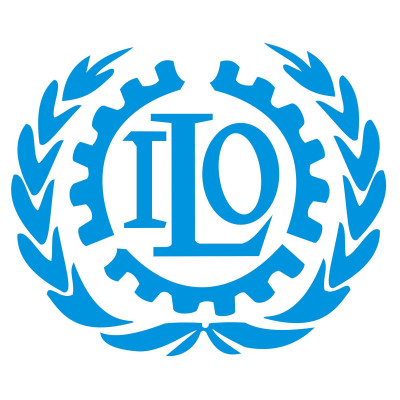Share
Print

The International Labor Organization (ILO) was established in 1919.
In 1946 it became the first specialized agency of the United Nations system to promote social justice through access to decent and productive work in conditions of freedom, security and dignity for every woman And every man.
Within the United Nations system, the ILO is unique in its tripartite structure: employers and workers participate in the work of its governing bodies on an equal footing with governments. This is tripartism.
Covered Area: The ILO Cameroon host:
Country Office for Cameroon, Equatorial Guinea and Sao Tome and Principe
The Decent Work Team for Central Africa (DWT)
Headquarters agreement: May 7th 1967
Areas of intervention of the organization:
To promote social justice, the ILO sets international standards in the form of conventions and international recommendations; which define minimum standards to respect for freedom of Association, of law, organization and collective bargaining, abolition of forced labour, equality of opportunity and treatment, etc.
In addition, the organization provides technical assistance in different sectors such as: vocational training; promotion of employment and employment in high labor intensity; development of enterprises and cooperatives; working conditions, health and safety at work; industrial relations and labour administration; support to employers ' organizations; support to organizations of workers; legislation and international labour standards; and social protection.
Finally, the ILO encourages the creation of independent organizations of employers and workers while facilitating their development by training and Board activities.
